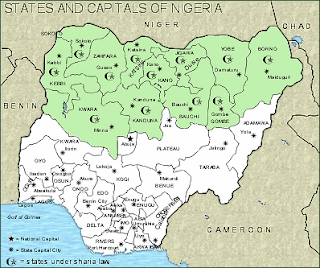Christians in Pakistan and around the world will observe the beginning of the Lenten season with Ash Wednesday today.
Ash Wednesday is observed as a sign of repentance of the whole community. The ashes are placed on the forehead by the priest with the Sign of the Cross and the words: Remember you are dust, and into dust you shall return.
“Those ashes are last year’s palms from Palm Sunday. They are burnt and ashes are made from them and then blessed,” he said. During Lent Christians are encouraged to fast, pray, give alms and seek repentance for their sins for forty days in order to prepare for Easter.
“The time of Lent is important for us because it gives time to us to change and become closer to God, the priest said. In his message for Lent 2012 on the Vatican website, Pope Benedict XVI states that “in a world which demands of Christians a renewed witness of love and fidelity to the Lord, may all of us feel the urgent need to anticipate one another in charity, service and good works.” Masses will be held in churches across the city at different timings to observe the day.
Ash Wednesday is observed as a sign of repentance of the whole community. The ashes are placed on the forehead by the priest with the Sign of the Cross and the words: Remember you are dust, and into dust you shall return.
“Those ashes are last year’s palms from Palm Sunday. They are burnt and ashes are made from them and then blessed,” he said. During Lent Christians are encouraged to fast, pray, give alms and seek repentance for their sins for forty days in order to prepare for Easter.
“The time of Lent is important for us because it gives time to us to change and become closer to God, the priest said. In his message for Lent 2012 on the Vatican website, Pope Benedict XVI states that “in a world which demands of Christians a renewed witness of love and fidelity to the Lord, may all of us feel the urgent need to anticipate one another in charity, service and good works.” Masses will be held in churches across the city at different timings to observe the day.




